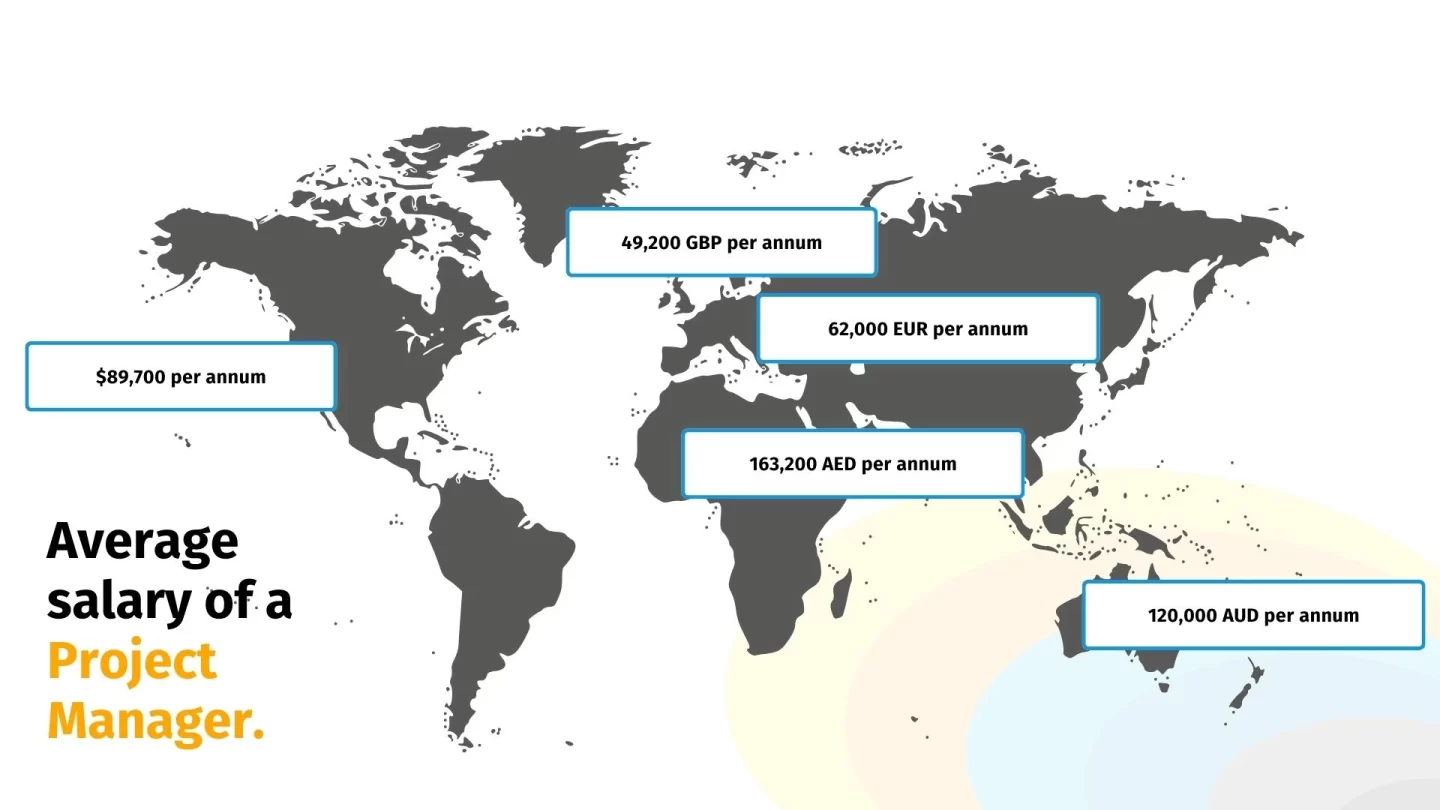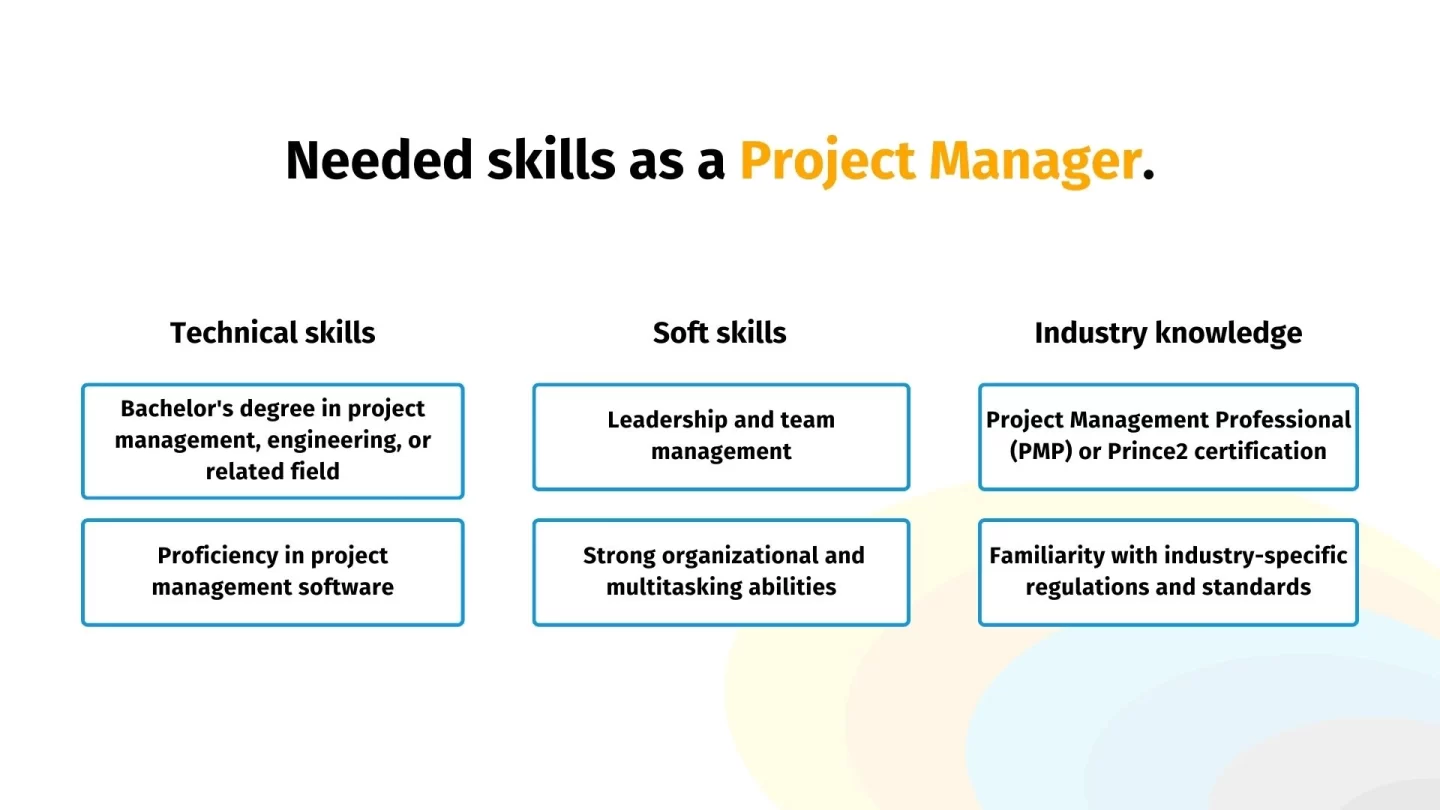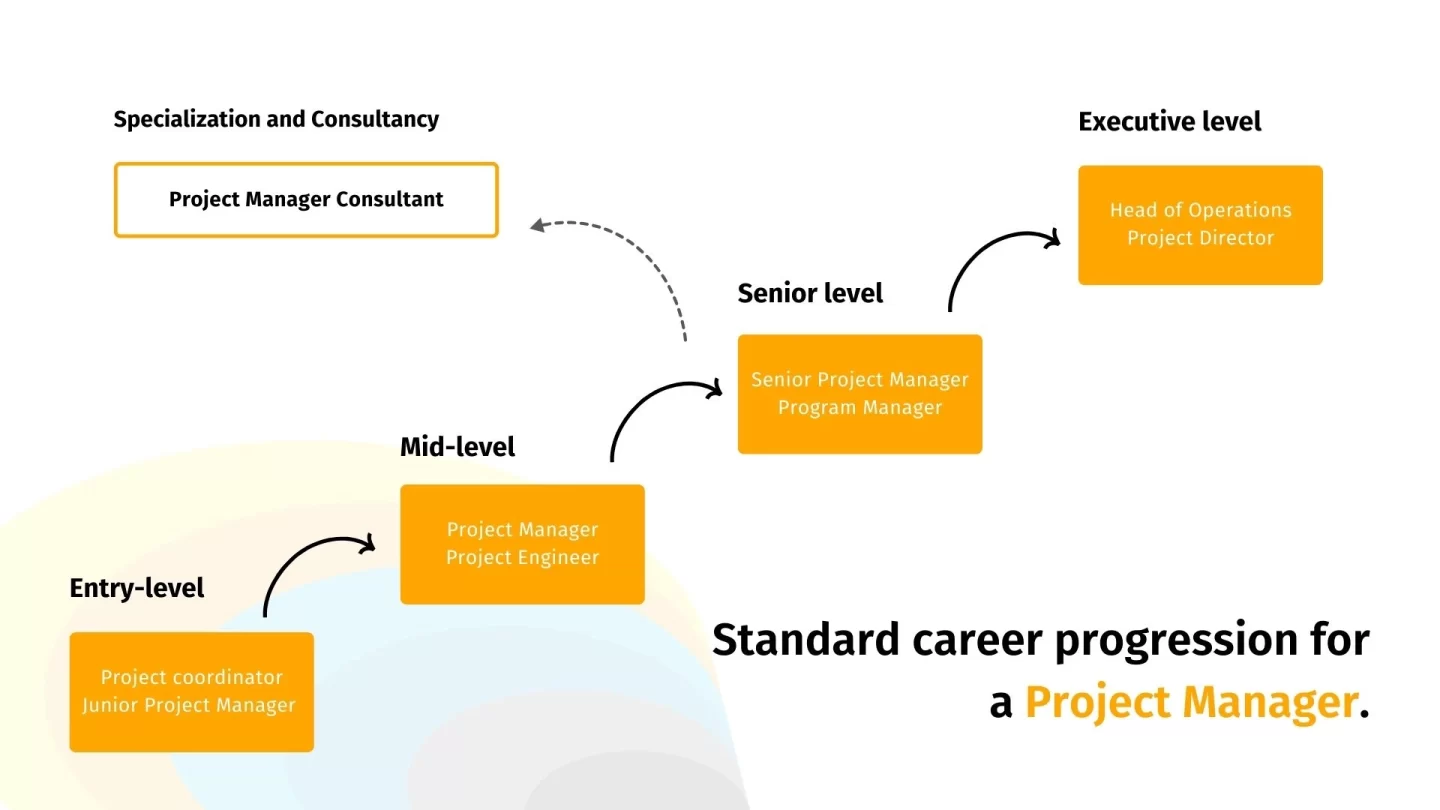A career as a project manager can be incredibly rewarding, especially in the energy industry. Let’s dive into what it means to be a project manager in the energy sector and what to expect from this exciting career.
Estimated reading time: 7 minutes
What is a Project Manager?
A project manager is responsible for planning, executing, and closing projects while managing the team, resources, and communication across all project phases. In simpler terms, a project manager makes sure things get done. They set goals, create timelines, allocate budgets, and keep everyone on track to meet the project’s objectives.
What does a Project Manager at an energy company do?
In the energy sector, project managers are essential to managing large-scale, complex projects like the construction of power plants, the implementation of renewable energy sources, or the development of oil and gas infrastructure. They are responsible for leading teams that may include engineers, contractors, and other specialists, ensuring the project runs smoothly from start to finish.
Salary and Benefits

As shown by data collected in October 2024.
The average salary for Project Managers varies across the globe, influenced by factors such as industry demand, experience level, and geographical location. In the United States, project managers earn an average of $89,700 per year, while in the United Kingdom, they can expect to make around £49,200 annually.
Project managers in Europe, particularly in countries like the Netherlands can earn approximately €62,000 per year, while in Australia, the figure rises to around AUD 120,000 annually. In regions like the Middle East, particularly the United Arab Emirates, where the energy sector is prominent, project managers earn an average of 163,200 AED per annum.
Beyond the base salary, project managers often benefit from comprehensive compensation packages that include health insurance, retirement plans, paid vacation, and performance bonuses. Many companies also provide additional perks such as travel allowances, housing stipends (especially for roles involving relocation), and opportunities for career development through certifications and ongoing professional training. These benefits make project management not only a financially rewarding career but also one that offers stability and growth potential.
Project Manager skills and requirements
First and foremost, strong organizational skills are essential for managing multiple moving parts of a project, ensuring that deadlines and budgets are met. Aside from this, your communication skills are also very important. These are needed to coordinate between various teams, clients, and stakeholders to keep everyone aligned and informed.
As you advance in the role, you’ll be expected to demonstrate leadership and decision-making abilities. As a project manager, you will need to guide your team through challenges and be able to make adjustments as needed. Technical skills such as being familiar with project management software, such as MS Project or Primavera, are valuable for tracking progress and allocating resources efficiently. Certifications like PMP and Prince2 enhance your credibility and validate your project management skills. Globally recognized, PMP focuses on general principles, while Prince2 emphasizes structured, process-driven methodologies. These credentials make you more competitive and qualified in the industry.

Responsibilities of a Project Manager
Project managers in energy companies focus on specific responsibilities like:
Overseeing project timelines and milestones
Managing budgets and ensuring cost control
Coordinating between different departments, clients, and stakeholders
Ensuring compliance with industry regulations and safety standards
Mitigating risks and solving problems as they arise
Reporting to stakeholders and clients on project progress and results
Locations of Project Manager jobs
Energy companies operate globally, offering diverse opportunities for project managers. They may work in large metropolitan areas, where corporate offices are based. In contrast, some projects take place in remote locations like offshore wind farms or drilling sites. Additionally, international roles are common, with project managers overseeing work across different countries and cultures.
Challenges in Project Managing
While project management offers many rewards, it’s not without its challenges:
Tight deadlines
Energy projects are often time-sensitive, requiring you to manage stress and keep the project moving.
Budget constraints
Managing resources and costs within budgetary limits is a critical part of the job.
Unforeseen delays
Supply chain issues, regulatory approvals, or unexpected problems on-site can cause delays.
Risk management
Safety and environmental risks are always present in the energy industry, making careful risk assessment a vital skill.
Career progression and growth opportunities

A project manager’s career typically starts in entry-level roles like Project Coordinator or Junior Project Manager, where they acquire basic skills in managing timelines, resources, and tasks. As they gain experience, they can progress to Mid-Level roles such as Project Manager or Project Engineer, where they take on full project oversight and lead teams.
With more expertise, professionals move to Senior Level positions like Senior Project Manager or Program Manager, handling larger projects and making strategic decisions. For those pursuing leadership, Executive Level roles such as Head of Operations or Project Director offer the opportunity to shape the company’s project strategies.
Additionally, project managers can specialize by transitioning into consultancy roles, providing expert advice on complex projects. This career path offers numerous opportunities for growth, leadership, and specialization.
Work environment and culture
The work environment for a project manager varies widely based on the specific project. While some project managers work predominantly in office settings, overseeing projects remotely, others are frequently on-site, especially for large construction or infrastructure projects. Collaboration is key, and project managers often work with multidisciplinary teams.
Many energy companies typically have a results-driven culture, where meeting deadlines and achieving targets are top priorities. That being said, many organizations also prioritize work-life balance, offering flexible working conditions and a team-oriented atmosphere.
How to become a Project Manager in the Energy Industry
Are you interested in becoming a project manager in the energy field and are wondering where to start?
To become an energy project manager, you’ll typically need a bachelor’s degree in a relevant field, industry experience, and certifications such as PMP. This role requires continuous learning and networking to stay informed about evolving industry trends and technologies. Energy project managers can specialize in various areas, from renewable energy to engineering or infrastructure, making it a dynamic career path with diverse opportunities. Whether you want to focus on sustainable energy solutions or large-scale infrastructure projects, this role offers you a wide range of possibilities for growth and impact in the energy sector.
Benefits of working as a Project Manager
Job satisfaction
Fulfillment from completing challenging projects.
Career stability
High demand, especially in renewable energy.
High salary
Competitive pay with excellent earning potential.
Opportunities for travel
Work on diverse, global projects.
Drawbacks
High pressure
Managing large, complex projects can be stressful, particularly with tight deadlines.
Long hours
Some projects may require extended work hours, especially as deadlines approach.

Current Project Manager Jobs
Looking for jobs in the energy sector? WTS Energy is always looking for talented project managers to fill roles in oil, gas, and renewable energy companies worldwide. Explore our current job openings on our career page and take the next step in your career today!
